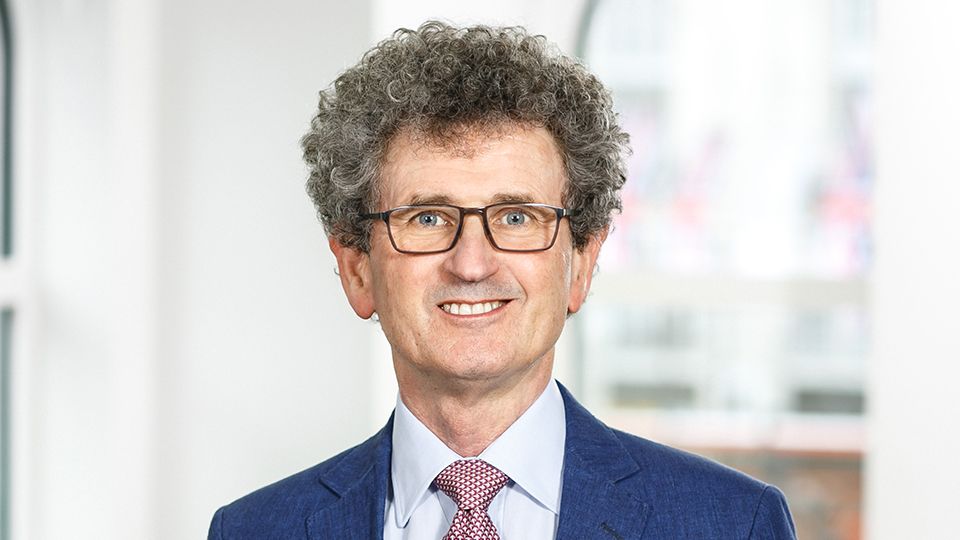In this new summer series for ESG Clarity, members of the sustainable investment industry tell us how their thinking on this fast-moving industry has adapted over the years and what changes that has led to.
Here, Andrew Parry, head of Investment at J O Hambro and Regnan, discusses systems change thinking and illusions of progress
What has ESG or sustainable investing changed your mind about over the past couple of years?
‘Scepticism’ probably described my early encounters with the now ubiquitous acronym, as initially it felt more of a homily than a practical framework for making money for clients. The economy then was still struggling with the aftermath of the Global Financial Crisis, so that should come as no surprise.
At the same time, I was exposed to some of our leading climate scientists through my friend, Howard Covington, who now chairs ClientEarth. Those and subsequent meetings re-introduced me to complexity, system thinking and the power of feedback loops. The systems approach remains a robust framework for managing the inherent uncertainties in market outcomes.
The final transformation in my thinking on ESG, from a quaint but abstract acronym to a potentially valuable input into investment decision making, came from a chance encounter with a BBC Radio 4 business programme. The then-CEO of DS Smith, the British packaging company, talked about its system for recycling packaging materials supplied to supermarkets as an integral part of their business model. Listening over a decade ago to a CEO talking about the circular economy as a central part of corporate strategy provided the link that connected sustainability to valuable insights for an active equity investor. More importantly, he did not mention ESG in his discussion, referring instead to resource efficiency, growth opportunities and other financial matters.
Describe one thing about ESG or sustainable investing you’ve heard recently that has stuck with you or been particularly poignant.
I often get asked to mentor people or give advice to individuals looking to develop a career in sustainability. Poignantly, I was asked to speak recently with someone from a major financial adviser who headed up their responsible investing efforts. The conversation was one that I had before; frustration that they were not making the difference in the real world they had anticipated despite an active approach to stewardship and all the right sustainability policies.
For many young people entering the industry with strong sustainability convictions, it can be a sobering experience when they discover that sustainable investing can be more about creative market and regulatory compliance than better real-world outcomes.
Sadly, sustainable investing comes with no easy ‘win-win’ scenarios, and it can be frustrating that messy economic reality, such as soaring inflation, can shift the priorities of policymakers and investors.
Fifty-five years ago, Robert Kennedy, during a speech at the University of Kansas, famously said that GDP ‘measures everything in short, except that which makes life worth living’. Periodically, other politicians – Nikolas Sarkozy, David Cameron, among others – expressed similar sentiments only for the maximisation of growth imperative to reassert itself.
A disappointing irony is that a growing number of sustainable taxonomies are being undermined by conflicting shorter-term political objectives and may lead to false hopes and illusions of progress that thwart the ambitions of sustainable investors, even as the world burns around us.
What changes have you made personally this year to become more sustainable?
We are all part of a complex system, and as individuals, we all have a role to play. Beyond my small voice in the investment world, a combination of economics and sustainability concerns encouraged me to insulate the house, repurpose and recycle, buy an electric vehicle, and have a low meat diet; next will be solar panels and a heat pump.
A tremendous personal pleasure has been creating a haven for wildlife in my small plot of land by building a wildlife pond, planting a wildflower meadow, and restoring hedges and planting trees.








